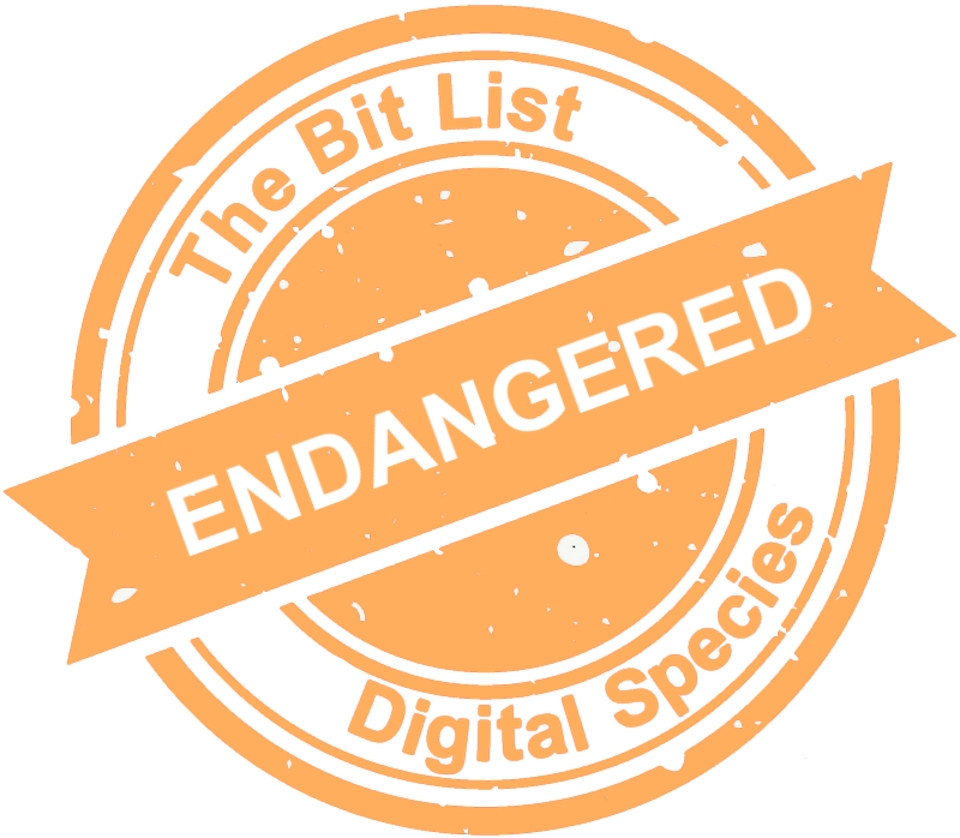The DPC’s Global ‘Bit List’ of Endangered Digital Materials—or the Bit List—is a powerful call to action from the global digital preservation community.
The report is is reviewed and updated every two years, and highlights the digital content most at risk of being lost, based on real-world conditions and expert insight. By clearly identifying both the urgency of the threat and the value of the content, the Bit List shines a spotlight on the digital materials that demand immediate attention to ensure their survival.
Explore the Bit List 2025
Download the full Global Bit List of Endangered Digital Materials Report 2025
The Bit List is an advocacy tool. It aims to influence key sectors and senior decision-makers by highlighting the urgent risks facing digital materials.
Use the messages below and share with your sectors to encourage informed, long-term investment in digital preservation.
|
For the Attention of Legal, Judicial and Law
|
For the Attention of the Media and Entertainment
|
For the Attention of Research and Academic
|
|
Nominate at-risk digital materials now! The Global Bit List of Endangered Digital Materials is open for nominations of at-risk material from the digital preservation community all year round. Submit a nomination now for consideration as part of the next Bit List review cycle. If you are unable to access the Google form to nominate your at-risk digital materials or you would like to prepare your information in advance, Completed Excel forms may be sent to sarah.middleton@dpconline.org. |
| Access previous versions of and introductions to the Bit List, now superceded by the current report: |






















































































































































